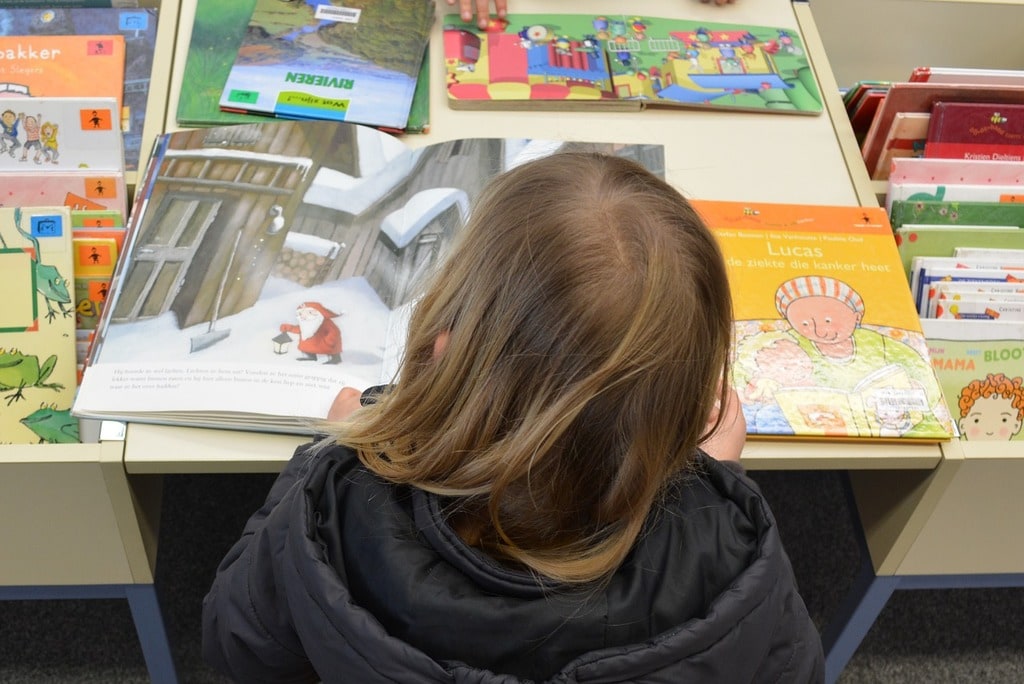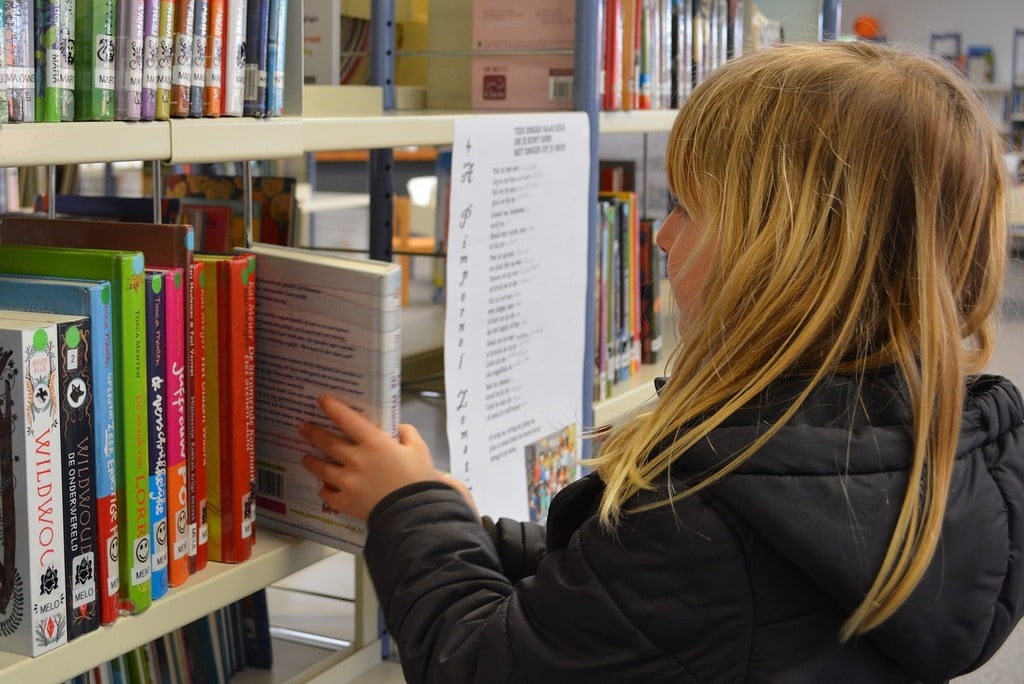Exploring innovative educational resources for all ages can transform the learning experience, making it engaging and effective for children, teens, and adults. With the advancement of technology and the diversification of teaching methods, there are countless resources available that cater to various learning styles and preferences. These resources not only enhance traditional educational systems but also provide alternatives for those seeking personalized learning journeys.
Modern Educational Tools for All Age Groups
The digital age has introduced an array of educational tools designed to cater to learners of all ages. From interactive applications to online courses, these resources make learning accessible and enjoyable. One such tool is the use of gamification in education. By integrating game mechanics into learning activities, students are motivated to engage deeply with the content. For example, apps like Duolingo use points, levels, and rewards to teach new languages, making the process fun and competitive.
Interactive Learning Platforms
Interactive learning platforms offer a dynamic and engaging way to learn. These platforms often include video tutorials, quizzes, and discussion forums, allowing learners to interact with both the material and their peers. For instance, Khan Academy provides a wide range of subjects with interactive exercises and personalized dashboards to track progress. These platforms support self-paced learning, which is beneficial for those who prefer to learn at their own speed.

Educational Games and Simulations
Educational games and simulations are powerful tools that can make complex subjects more understandable and interesting. For young children, games like ABCmouse and Prodigy offer foundational skills in literacy and math through fun and interactive activities. For older students and adults, simulations like Labster provide virtual science labs where users can conduct experiments and learn scientific concepts in a risk-free environment.
Benefits of Innovative Educational Resources
The adoption of innovative educational resources brings numerous benefits. These resources often provide a personalized learning experience, adapting to the individual needs of each learner. Additionally, they make education more accessible, as many of these tools are available online and can be accessed from anywhere with an internet connection.
- Enhanced engagement through interactive and gamified content
- Personalized learning paths that adapt to individual progress
- Accessibility for remote and underserved communities
- Support for a wide range of subjects and skills
- Opportunities for lifelong learning
Adapting Traditional Education Methods
Innovative educational resources are not limited to digital tools; they also include new methods of teaching and learning. Project-based learning (PBL) is one such method that encourages students to learn by actively engaging in real-world and personally meaningful projects. PBL helps develop critical thinking, problem-solving, and collaborative skills, which are essential in the modern world.
The Role of Technology in Education
Technology plays a significant role in the evolution of educational resources. Virtual Reality (VR) and Augmented Reality (AR) are examples of technologies that provide immersive learning experiences. VR can transport students to different historical periods or allow them to explore the human body in 3D. AR can overlay digital information onto the real world, enhancing textbooks and other physical learning materials with interactive content.
Innovative Resources for Adult Learners
Adult learners can also benefit greatly from innovative educational resources. Online courses, such as those offered by Coursera and Udacity, provide opportunities for career advancement and personal development. These platforms often collaborate with universities and industry leaders to offer high-quality education in various fields. Additionally, lifelong learning platforms like Skillshare and LinkedIn Learning offer courses on a wide range of topics, from professional skills to hobbies and creative pursuits.
Future Trends in Educational Resources
The future of educational resources is bright, with continuous advancements and new trends emerging. Artificial Intelligence (AI) is expected to play a pivotal role by providing personalized learning experiences based on data analysis and adaptive learning algorithms. AI tutors and chatbots can offer instant feedback and support, making education more responsive and effective.
As educational resources continue to evolve, they will increasingly cater to the diverse needs of learners of all ages. By embracing these innovative tools and methods, education can become more engaging, accessible, and effective, ultimately fostering a lifelong love of learning.
